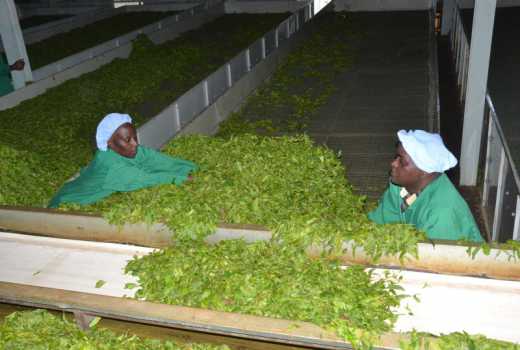×
The Standard e-Paper
Join Thousands Daily

Tea farmers may lose up to Sh5 billion as a result of ban on logging if Kenya Tea Development Agency seeks alternative energy source known as furnace oil.
Speaking to The Standard, KTDA Chairman Peter Kanyago said farmers would face losses if the ban on logging continued because the cost of tea production would rise.